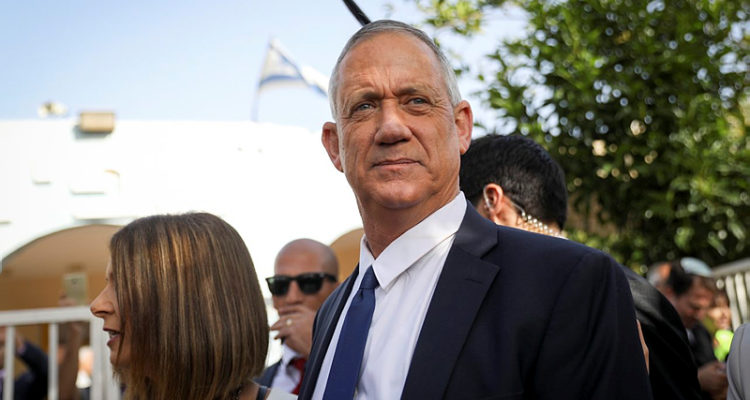Millions of Israelis headed to the polls to choose who will lead the country’s 21st Knesset.
By David Isaac, World Israel News
Over 6 million eligible voters are heading to the polls on Tuesday in elections that will determine the country’s direction on a host of critical issues, from Hamas in Gaza to the proper role of the Supreme Court.
However, for many voters, the election will boil down to a referendum on whether Prime Minister Benjamin Netanyahu should be granted a fifth term overall, four of which he has served consecutively. Netanyahu has been in office longer than Israel’s first prime minister David Ben-Gurion.
Netanyahu, while admired for a number of achievements in connection with the economy and foreign policy, has aroused intense antagonism among large segments of Israel’s population, many of whom consider him corrupt and too long in power.
That said, from the start, the right-wing bloc has maintained a consistent edge in polls over the left-wing coalition of parties. What’s more, Netanyahu’s Likud has gradually caught up in the polls with its main challenger, the Blue and White party led by former IDF Chief-of-Staff Benny Gantz.
Gantz, who voted early on Tuesday morning, said “This is a day of hope for unity.”
The New Right party’s Ayelet Shaked and Naftali Bennett, who have already endorsed Netanyahu as prime minister, were also among the first candidates to show up at the polls, according to the Mako news site.
“Netanyahu will be the prime minister in any case. The question is whether he establishes a left-wing government with Gantz or a right-wing government with Shaked and Bennett. Whoever wants right has to pick Nun, the New Right,” she said, referring to the Hebrew letter on the voting card indicting a vote for her party.

New Right party co-founder Ayelet Shaked casts her ballot at a voting station in Tel Aviv. (Flash90/Roy Alima)
Moshe Feiglin, leader of the Zehut (or, “Identity”) party, already an election surprise as it was completely discounted until mid-March when it suddenly surged in the polls, voted in his hometown of Karnei Shomron in Samaria.
“All the attacks on us have only strengthened us,” Feiglin said, according to Ma’ariv. “Whoever wants to get his country back needs to vote Zehut.”
Itamar Ben-Gvir, a member of the controversial Jewish Power party, voted in Kiryat Arba and said, “This morning is a morning of hope, a morning of prayer for the people of Israel.”
Tamar Zandberg, member of the left-wing Meretz party, said as she put in her voting card, “I’m a little worried. We’re in a dangerous place. If Meretz falls, the bloc falls.”
As many as a half-dozen parties are teetering along the threshold for entering the Knesset, or parliament. A failure by any of these parties to get the required 3.25 percent of total votes cast could have a dramatic impact on who ultimately forms the next coalition.
The Israeli government needs a parliamentary majority to rule, and since no party has ever earned more than half of the 120 seats in the Knesset, a coalition is required.
The Associated Press contributed to this report.





